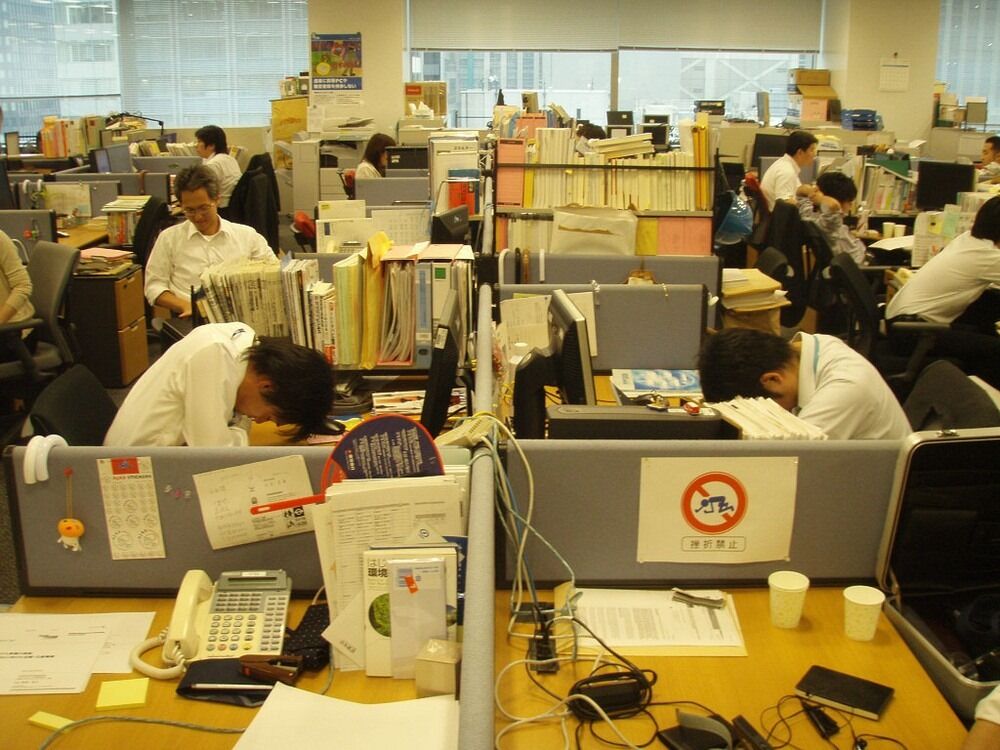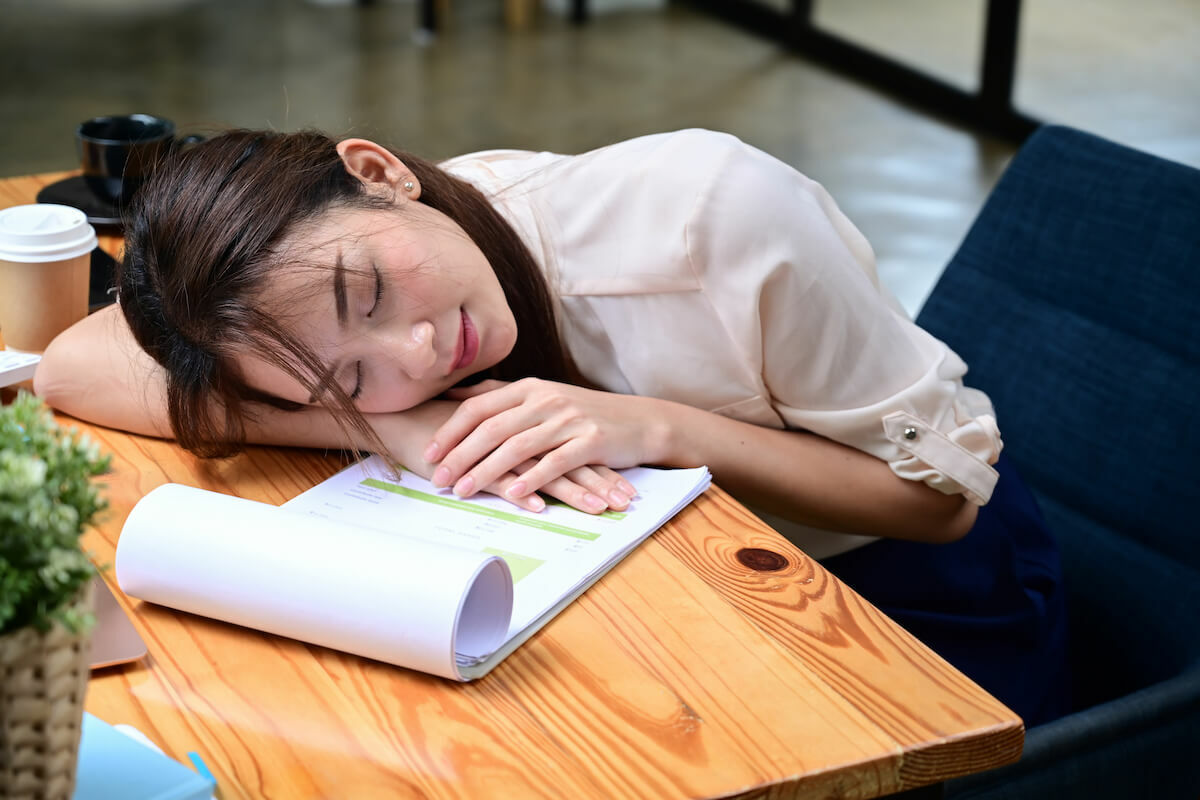People in Thailand spend too much time on their backsides, a new report reveals

People in Thailand spend too much time sitting on their backsides, a new study reveals.
The Ministry of Public Health (MOPH) revealed that 76% of Thai people spend seven hours or more sitting down, underlining the need for the nation’s population to get off their arses and engage in more physical activity to improve their health and wellbeing.
MOPH director-general Suwanchai Wattanayingcharoenchai reported that the study was jointly conducted in 2021 by Thailand’s health department, and the office of International Health Policy Programme (IHPP).
Suwanchai announced that the report is now finished.
The study analyzed health information from 78,717 people across 77 provinces in Thailand. The results showed that Thai people have become largely inactive, idle, or deskbound, with the majority spending seven or more hours sitting down each day. This increase in this lazy behaviour is due to the shift from agricultural and industrial jobs to office work, which has caused a decrease in physical activity, Bangkok Post reported.
The lack of physical activity puts the Thai population at a higher risk of developing non-communicable diseases and experiencing premature death. However, the study did find that around 72% of those surveyed engaged in physical activities for 150 minutes or more per week, which is considered a sufficient amount of time according to the World Health Organization.
To combat the inactive lifestyle, the study recommends that people in Thailand get off their backsides, engage in more physical activity to burn energy and reduce the risk of non-communicable diseases. While many Thais do engage in physical activities and recreational activities to offset their idle office lifestyle, not everyone does. Those living in urban areas have more accessible facilities such as walkways and public transportation systems, which allow them to engage in more physical activity than those living in rural areas.
In addition, the study found that more women in Thailand engaged in physical activity than men. This is encouraging as women in Thailand are often at higher risk of developing non-communicable diseases due to cultural norms that place greater emphasis on women’s domestic roles.
Overall, the study highlights the need for people in Thailand to engage in more physical activity to improve their health and wellbeing, particularly as the country shifts towards more stationary office work.
Encouraging and facilitating physical activity, particularly for women and those living in rural areas, will be crucial for reducing the risk of non-communicable diseases and promoting a healthier lifestyle.

Latest Thailand News
Follow The Thaiger on Google News:


























